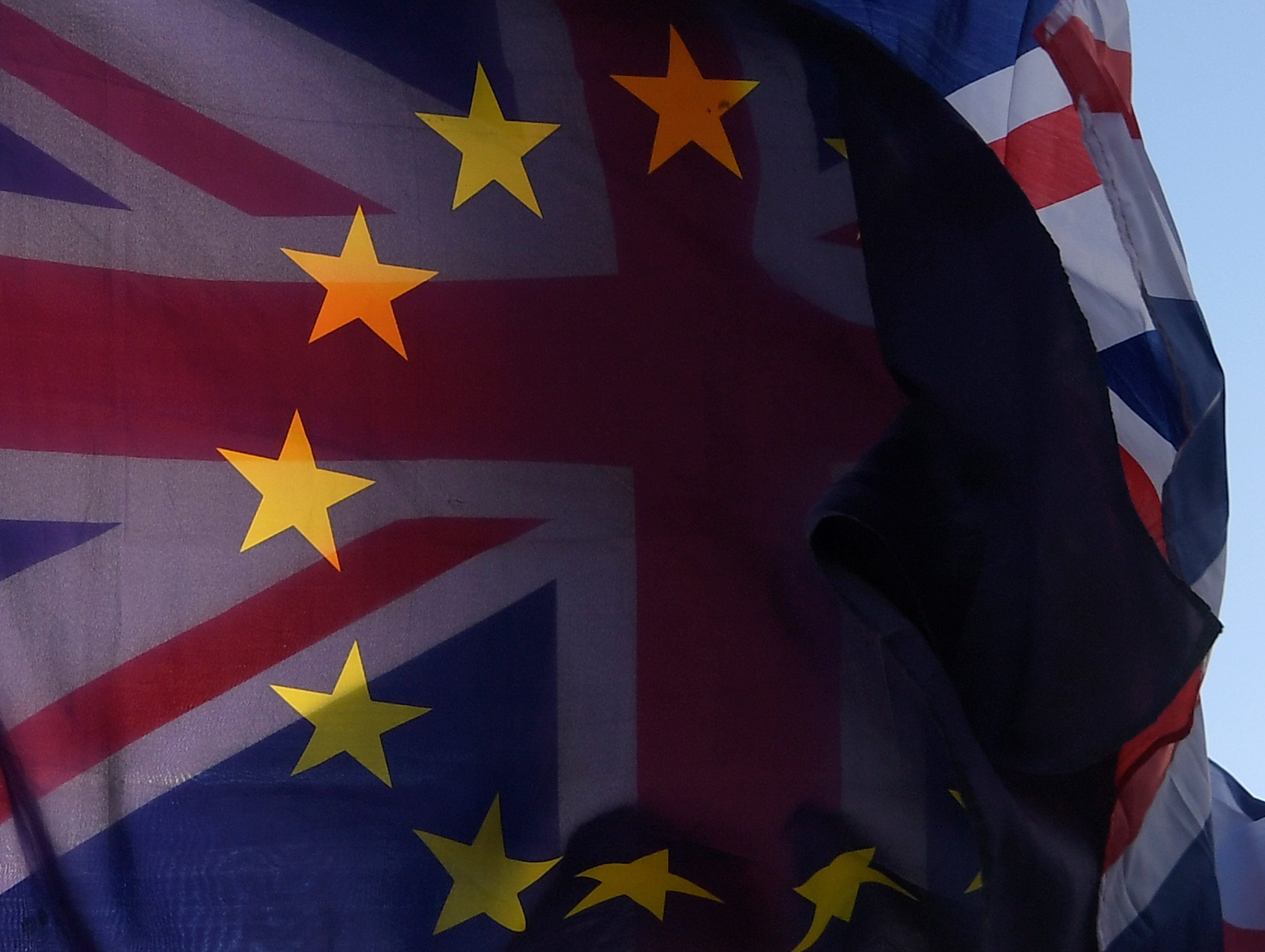
A press regulator has upheld an inaccuracy complaint against the Daily Telegraph and the Express website in reports claiming a public survey revealed most Remainers now backed a “hard Brexit”.
Both titles claimed that more than 20,000 respondents had been surveyed in an opinion poll about attitudes towards the possible outcomes of Brexit negotiations and Britain’s future relationship with the EU.
The actual number of people surveyed had been 3,293. Both titles said they had taken the incorrect figure from a rival publication’s report on the poll.
The Telegraph article, published on 12 August, 2017, was headlined: “Boost for May as Remainers back a hard exit” and appeared in print and online.
Express.co.uk ran with the headline: “BOMBSHELL POLL: Seven in 10 Britons now support hard Brexit according to major survey” in its article published on 11 August, 2017.
Andrew Evans complained to the Independent Press Standards Organisation (IPSO) about both articles, claiming not only that they had made an error in reporting the number of respondents but also had misinterpreted the findings.
He said it was inaccurate for the articles to report that Britons now support a “hard” Brexit.
He said respondents were not asked whether they preferred a “hard” or a “soft” Brexit, but were presented with a particular set of preferences which were later assigned labels by the surveyors.
He said that the survey’s, and therefore the article’s, characterisation of the bundles as “hard” and “soft” was inaccurate.
Express.co.uk published a correction with a footnote on the online article and the Telegraph offered to publish a correction once both became aware of the statistical error in their report.
The Express said: “An earlier version of this story said the researchers surveyed 20,000 people. In fact the researchers collected six data points each from 3,293 people, resulting in a dataset of 19,758 choices”.
IPSO’s Complaints Committee upheld the complaint against both titles under Clause 1 (accuracy) in relation to the number of people surveyed.
The committee said the publications “did not take any further steps to verify this information” and this “represented a failure to take care over the accuracy of the article”.
It added: “The discrepancy between these figures gave a significantly misleading impression of the scope of the survey, which required correction, in order to avoid a breach of Clause 1.”
The Telegraph offered a new correction, to reflect the committee’s ruling, which was then published.
Neither the Telegraph nor Express.co.uk accepted that they had misinterpreted the findings of the poll.
IPSO said both publications were “entitled to characterise the groups of options presented to the respondents as ‘hard’ and ‘soft’, as recorded in the survey results – the article made clear which policies had been ascribed the ‘hard’ label…”
The committee said, based on the survey results, it was not significantly inaccurate to report that “the majority of Remain voters now back a hard Brexit” or that “Britons now support a hard Brexit”.
A complaint by Evans against The Sun for its coverage of the report was not upheld.
Picture: Reuters/Toby Melville
Email pged@pressgazette.co.uk to point out mistakes, provide story tips or send in a letter for publication on our "Letters Page" blog
